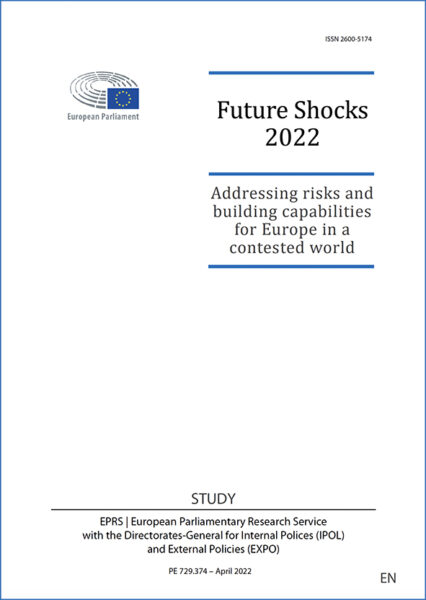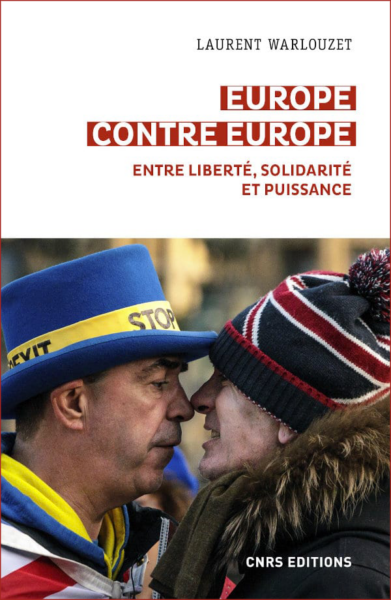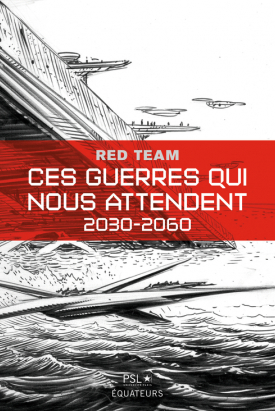The Forward Studies Unit of the European Commission, which was set up in 1989 and made directly responsible to the President of the Commission, has drawn up five contrasting scenarios as a means of describing a spectrum of alternative futures for Europe (in the widest sense) in 2010.
The main architects of these scenarios outline them for us here, having first discussed the advantages and drawbacks of such an exercise, which cannot indeed describe (or pre-dict) precisely what Europe will be like in 2010. Rather, by presenting five consistent, overall and plausible situations, the scenarios are an attempt to illustrate the range of possible outcomes, and the factors and actors that are likely to play a key role.
Each scenario culminates with an image, briefly summarized here:
– Scenario 1, “The triumph of market forces”, as its title suggests, is characterized by the complete dominance of economic liberalism and free trade, with Europe – whatever its boundaries – barely differentiated from the rest of the world or integrated into a single global market.
– Scenario 2, “The hundred flowers”, by contrast, is marked by the growing paralysis (and corruption) of major institutions, both public and private; the retreat of Europeans into local concerns and the informal economy; and the proliferation of initiatives with no sense of overall purpose.
– Scenario 3, “Shared responsibilities”, is based on the assumption that the public sector will undergo fundamental change and, given a favourable economic climate, will generate new social and industrial policies.
– Scenario 4, “Creative societies”, also features a radical transformation of our economic and political systems, but this time shaped by concern for the environment and human development. It embodies a new humanism based on sustainable development and opens the way to “an intangible global renaissance”.
– Scenario 5, “Turbulent neighbours”, describes a shrunken Europe threatened by geo-political upheavals on its eastern and southern flanks, by the growth of tensions and conflicts that lead to the creation of a European Security Council entirely concerned with issues of security and defence.
As we can see, there are many reasons to hope and to fear. The invitation to Europeans to take charge of their future could hardly be stated more clearly.
Europe 2010 : cinq scénarios
Cet article fait partie de la revue Futuribles n° 246, oct. 1999


